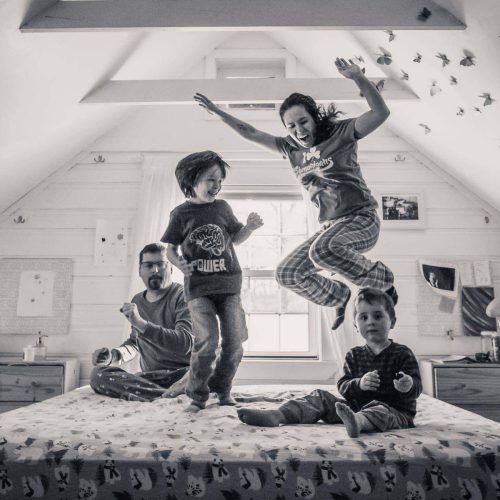Raising Luminaries & Books for Littles are free and accessible for readers who can’t afford a paywall. Since we’re a contribute-what-you can community, I try to fill in the gaps with affiliate links. Posts may contain affiliate links, which allow me to earn a commission at no extra cost to you. Check out the full affiliate disclosure along with my statement of accountability.
Let’s Explore Courage
Confronting a friend and telling them that what they are doing isn’t okay is pretty much the scariest thing that a kid can do. And we know that supremacy and injustice thrives in silence.
Taking small, tiny steps toward scary things is the only we can grow stronger – and the world can get safer and more just for all.
Read
- Teeny Tiny Toady (ages 4+)
- After the Fall (ages 3+)
- Noni Speaks Up (ages 3-7)
Discuss:
(Ages 4+ We started talking about courage around the age of 4. I tried earlier, but it just didn’t sink in until then.)
What’s the difference between courage and bravery?
For the purposes of Raising Luminaries, we’re using ‘brave’ to mean standing up for yourself, or having the courage to take the next step. And we use ‘courage’ in terms of leadership – taking the next step to lift up others.
When I looked up the internet definition, I got: Bravery is the ability to confront pain, danger, or attempts of intimidation without any feeling of fear. Courage, on the other hand, is the ability to undertake an overwhelming difficulty or pain despite the eminent and unavoidable presence of fear.
But also, there’s something about brave that feels like working through fear in service for ourselves (setting boundaries, standing up for ourselves, overcoming first-day jitters, that sort of thing) whereas courage feels like it might be about working through our fears for others. I dunno, maybe I just made that up. Words are weird!
An act of bravery in standing up for yourself – particularly as a targeted person, can be an act of courage. ‘Cause when we tell folks with power how to treat us, we’re lifting up the standards for everyone like us.
With both definitions – bravery and courage require us to choose our actions based on our values – without clinging to outcomes. Which means big gambles: we risk launching ourselves into a future we really don’t want to see. But this wouldn’t be courage if we knew the outcome.
- What does it mean to act with courage for our own growth?
- What does it mean to act in courage for our shared liberation?
- When does fear get in our way? When does fear help us and keep us safe?
More resources to dig deeper
- Children’s Books For Upstanders: Civil Disobedience & Disrupting Injustice
- For Luminary Braintrust Members: What’s the difference between courage and brazen, foolhardy entitlement? Let’s watch Brave and find out.
- Children’s books for upstanders: Civil Disobedience & Disrupting Injustice
- Kids Stories of Bravery & Courage
- For LBT Members: Brave from the Family Movie Night Series
- Raising Luminaries Podcast: A Quick Guide To Developing courage






